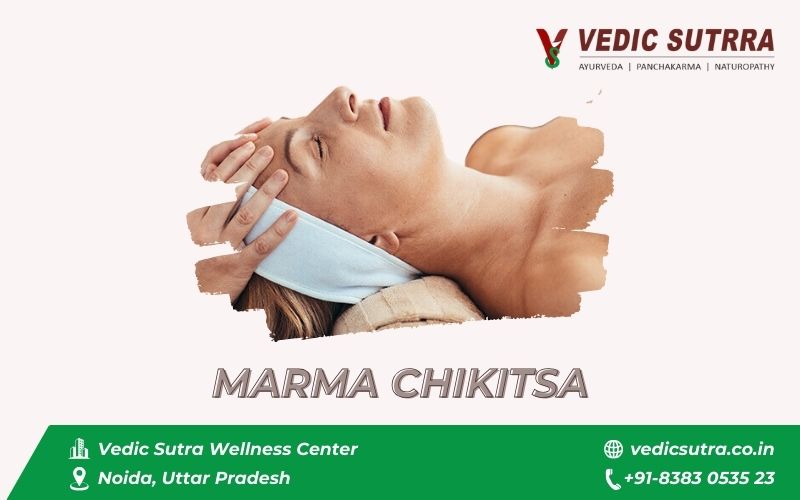

Polycystic Ovary Syndrome (PCOS) is one of the most common growing matters of concern for women’s health. Polycystic PCOS is characterized by some symptoms which are irregular menstrual cycle, gaining weight, acne, and infertility in certain cases.
The frustration begins when anyone tries to actually live with it and it becomes particularly uncomfortable for women to deal with all of it by themselves.
The good news is that it is possible to achieve relief and that is exactly what we are offering to you.
We are offering to you the solution for PCOS by suggesting the practice of yoga for PCOS and the different ways you can exercise through yoga to eliminate PCOS.
Polycystic Ovary Syndrome is a common condition that affects women of reproductive age. It is defined through a hormonal imbalance and may include symptoms of PCOS like irregular periods, weight increase, increase in body and facial hair, hair loss, insulin resistance, acne, and sometimes infertility.
The astonishing fact is that it affects millions of women all over the globe which makes dealing with irregular periods and gaining weight and acne common yet not spoken about.
PCOS meaning is a metabolic and reproductive endocrine syndrome. The ovary with PCOS produces excessive amounts of androgen testosterone compared to the amount that is considered normal and male hormones. Along with that hormonal shift, the imbalance characteristic of PCOS disease tends to trigger ovarian cysts, which explains the term Polycystic Ovary Syndrome.
There is a popular belief on what PCOS is—it’s still a mystery, but it is believed to have some characteristics of heredity and environment.
Women with Polycystic Ovary Syndrome (PCOS) often struggle with additional complications such as weight gain, chronic inflammation, and insulin resistance, all of which can aggravate the condition’s symptoms.
Yoga is far more than physical exercise; it is a unique art of deep breathing and meditation as well as physical movement all simultaneously.
Certain yoga poses and sequences can aid in improving circulation, lowering stress levels, elevating mood, and more crucially, balancing hormonal systems.
Individuals afflicted with PCOS and symptoms stand to gain from yoga’s enduring influence on the regulation of the endocrine system. The endocrine system is responsible for hormone balance in the body. When it is out of balance, it can lead to numerous complications. PCOS yoga helps re-establish this balance.
Additionally, yoga is well-known for reducing stress levels and is particularly beneficial for women with PCOS. Chronic stress can worsen symptoms for PCOS problem and disturb hormonal equilibrium. Consistent practice helps activate the body’s stress-regulating systems, lowering cortisol and promoting well-being.
Let us look at some of the benefits that yoga offers women suffering from PCOS symptoms.
When it comes to using yoga as a tool for managing PCOS, certain poses can be especially beneficial. Here are some specific yoga poses that can help alleviate symptoms and promote hormonal balance.
Understanding the diet of PCOS is crucial. A balanced and anti-inflammatory diet can help manage what are the first signs of PCOS. For best results, combine dieting with PCOS and PCOS and exercise under guidance.
More on PCOS Management
While yoga and diet help, some cases may require PCOS medication. Learning the difference between polycystic ovaries and PCOS and pcod and pcos difference is essential for the right treatment.
Incorporating PCOS self care practices like mindfulness and gentle exercise provides emotional support.
Wondering what is PCOS and PCOD or how to cure PCOS permanently? Treatment is personal. Some may need meds, others succeed with lifestyle changes.
Doctors may recommend PCOS ultrasound to confirm the diagnosis and examine the ovaries.
In conclusion, yoga stands out as an effective means to treat PCOS symptoms while promoting overall health. With the ability to balance hormones, reduce stress, and improve fertility, yoga plays a vital role.
Say goodbye to medications and goodbye to a less healthy and less happy version of yourself. Start controlling your PCOS how to treat and embrace a better version of yourself.
Bid farewell to medications and usher in a healthier, happier version of yourself. Initiate your yoga practice today and seize control of your PCOS for lasting well-being.
Medical Disclaimer:
This content is intended for educational purposes only. It should not be considered medical advice or used for diagnosing or treating any medical condition. Please consult a qualified doctor or a healthcare professional for personalized guidance.
Get Expert Consultation with
20+ Years Experienced Ayurvedic Physician
Dr. Anu Jaiswal, BAMS, Ayurveda
Call: +91 8383053523
OR Click here to schedule an appointment
Follow Our Social Platform for Regular Updates: Instagram | Facebook | Youtube |